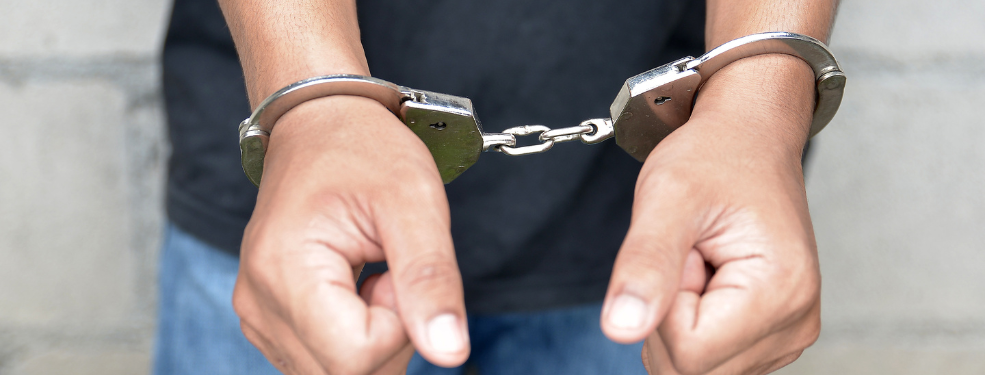If you are arrested by the Police, you will usually be taken to the police station, held in custody in a cell and then questioned. After you have answered the questions required you will either be released or charged with a crime.
Your Rights While In Custody
The custody officer at the police station must explain your rights to you upon arrival at the Police station. You have the right to:
- get free legal advice
- tell someone where you are
- have medical help if you’re feeling ill
- see the Codes of Practice rules the police must follow
- see a written notice telling you about your rights, eg regular breaks for food and to use the toilet, which can be translated into your language if required.
You will then be searched, and your possessions will be kept by the police custody officer while you are in the cell waiting to be questioned.
Process For Young People Under 18 and Vulnerable Adults
If the person being arrested is under 18 or a vulnerable adult, the police must try to contact a parent, carer, or guardian.
You should have an effective appropriate adult at the police station to help you. The ‘appropriate adult’ should be present and with you during all questioning and searching.
Your Rights When Being Questioned
If you are suspected of a crime the Police will question you about this and the session will be recorded. You do not have to answer the questions, but this could lead to consequences if you do not. The Police must explain your rights further by reading you the police caution.
The Police Caution When Arresting
“You do not have to say anything. But it may harm your defences if you do not mention when questioned something which you later rely on in court. Anything you do say may be given in evidence.”
Your Rights To Being Held custody
The police can only hold you for a period of up to 24 hours before they have to charge you with a crime or release you. They can apply to hold you for up to 36 or 96 hours if you’re suspected of a more serious crime, e.g. murder.
Permission to Provide Fingerprints, Photographs and Samples
The police do have the right to take photographs of you, along with taking fingerprints and a DNA sample. They don’t need your permission to do this but they do require your permission and the authority of a senior police officer to take samples like blood or urine or to take dental impressions.
This doesn’t apply when they take a blood or urine sample in connection with drink or drug driving.
Your Right To Free Legal Advice At The Police Station
You have the right to receive free legal advice, known as legal aid if questioned at the station.
You must be told about your right to free legal advice after you have been arrested and before you are taken to the Police station to be questioned. You can:
- ask for the police station’s ‘duty solicitor’
- tell the police you would like legal advice
- ask the police to contact your solicitor
Once you’ve asked for legal advice, the police can’t question you until you’ve got it – with some exceptions.
Should you require solicitor representation at a police station McPartland & Sons Solicitors are here to assist. You can contact us via our website contact form for more advice.
Related Blogs:

